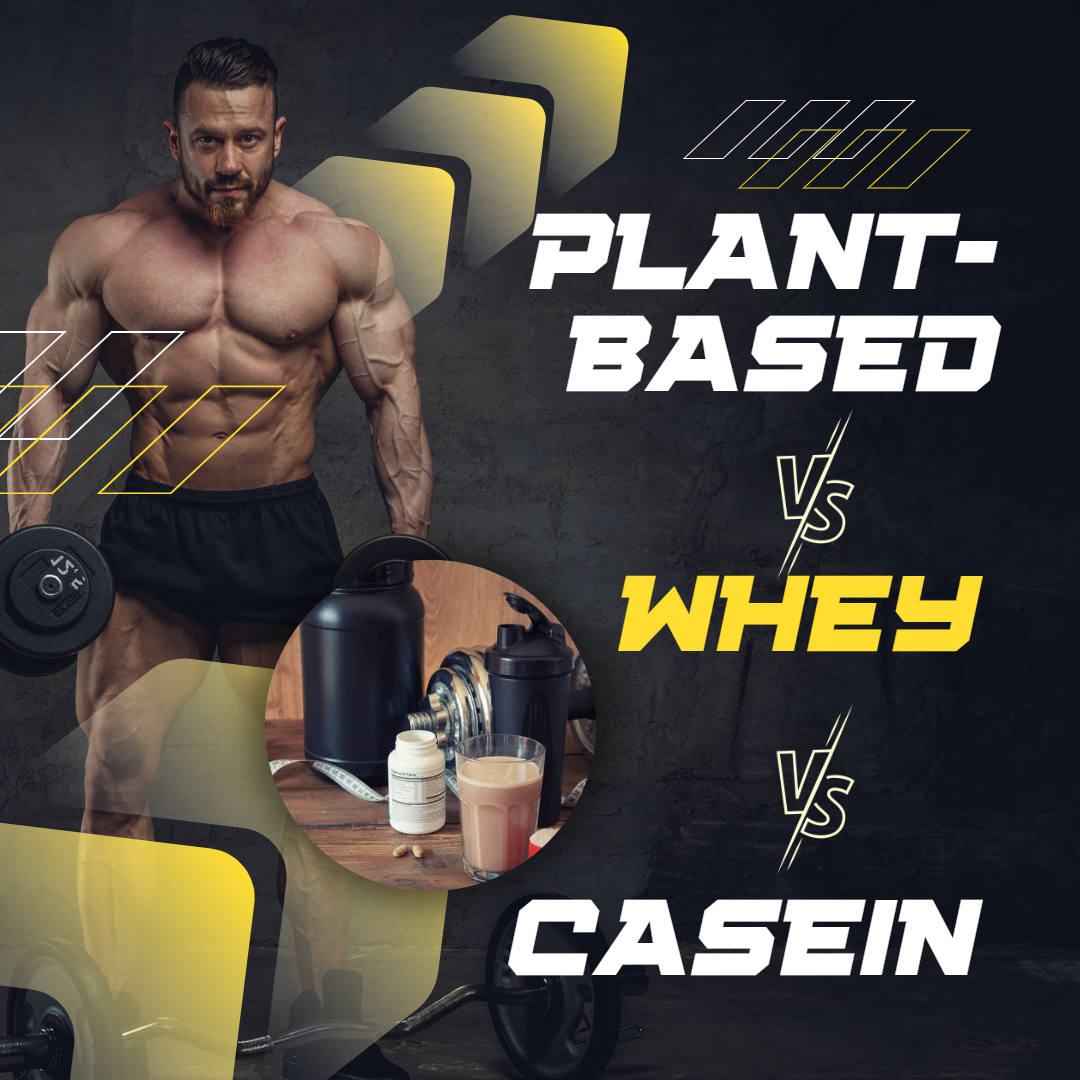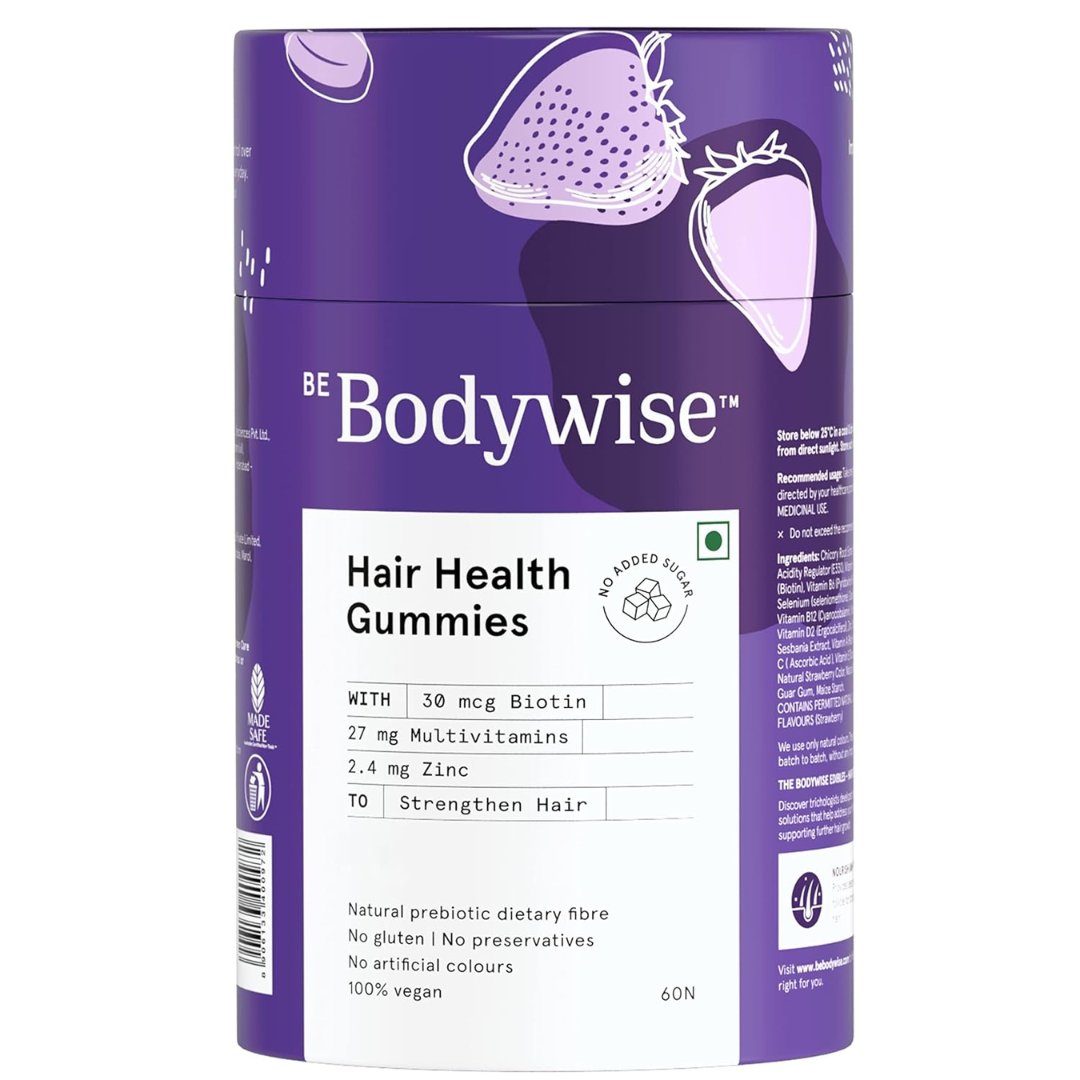Elevate Workouts with Plan-based Protein Powder

Protein is an essential macronutrient required for various bodily functions, such as building and repairing tissues, producing enzymes and hormones, and maintaining a healthy immune system. While animal-based protein sources like meat, eggs, and dairy are popular, they come with their downsides, such as high saturated fat and cholesterol content. Plant-based protein powders are an excellent alternative for those looking for a healthy, ethical, and environmentally friendly source of protein. In this article, we will discuss the benefits of plant-based protein powder and how it can be a game-changer for your overall health and well-being.
Plant-Based Protein Powder: An Overview

Plant-Based Protein Powder: An Overview
Plant-based protein powder is a dietary supplement that provides high-quality protein derived from plant sources such as peas, hemp, rice, soy, and more. Unlike animal-based protein powders, plant-based protein powders are free from cholesterol, lactose, and other harmful compounds that can harm your health. They are also low in fat and calories, making them an ideal choice for weight management.
Plant-based protein powder has rapidly gained attention as a nutritional powerhouse and an ethical choice for supplementing diets. Below are key benefits that underscore why it deserves to be your go-to source of protein.
Rich in Essential Nutrients
Firstly, plant-based protein powder offers a robust nutritional profile, packed with essential nutrients like amino acids, vitamins, and minerals. The complete or near-complete amino acid profiles found in many plant-based protein powders support muscle growth, repair, and recovery. Not only do they help you build lean muscle mass, but they also play a significant role in bolstering immune function. The vitamins and minerals provide additional health benefits, contributing to your overall well-being.
Easy to Digest
Digestibility is another strong point for plant-based protein powder. Unlike their animal-based counterparts, which often contain lactose and other hard-to-digest compounds, plant-based protein powders are generally easier on the stomach. This makes them an excellent option for people who experience bloating, gas, or other digestive issues with dairy or meat-based proteins.
Environmentally Friendly
Switching to plant-based protein powder also has broader implications for the planet. Animal agriculture is a leading contributor to greenhouse gas emissions, deforestation, and water pollution. Opting for plant-based options significantly reduces your carbon footprint, making it a more sustainable and environmentally responsible choice.
Ethical and Cruelty-Free
Last but not least, plant-based protein powders align with ethical considerations. Animal farming often involves the mistreatment and slaughter of animals on an industrial scale. By choosing plant-based protein powders, you’re making a stand for the ethical and humane treatment of animals.
Plant-based protein powder is not just a trend but a multipurpose solution that caters to health, ethical, and environmental concerns. It’s packed with essential nutrients, easy to digest, eco-friendly, and supports animal welfare—making it a well-rounded, responsible choice for anyone looking to improve their dietary habits.
Types of Plant-Based Protein Powder

Types of Plant-Based Protein Powder
The landscape of plant-based protein powder is vast, catering to various dietary needs, preferences, and health goals. Here’s a breakdown of some of the most popular types, each offering unique benefits:
Pea Protein Powder

Pea Protein Powder
One of the rising stars in the plant-based protein world, pea protein powder is derived from yellow peas. What sets it apart is its rich profile of amino acids, especially branched-chain amino acids (BCAAs)—leucine, isoleucine, and valine—which are pivotal for muscle growth and repair. It’s often favored by athletes and fitness enthusiasts for its excellent protein content and minimal gastrointestinal side effects.
Hemp Protein Powder

Hemp Protein Powder
Sourced from the seeds of the hemp plant, hemp protein powder offers a well-rounded nutrient profile. Not only is it rich in protein, but it’s also packed with fiber and healthy fats. Moreover, it’s a good source of essential fatty acids like omega-3 and omega-6, which are crucial for cardiovascular health. It’s a great choice for those looking for a more comprehensive nutrient profile.
Rice Protein Powder

Rice Protein Powder
If you’re allergic to common protein sources like soy and dairy, rice protein powder, usually made from brown rice, could be your hypoallergenic alternative. It offers a respectable profile of essential amino acids, particularly lysine, which is vital for tissue growth and repair. However, it’s often blended with other plant proteins like peas to make it a more complete protein source.
Soy Protein Powder
Arguably the most well-known among plant-based protein powders, soy protein is derived from soybeans and is a complete protein, meaning it contains all nine essential amino acids. It’s also low in fat and cholesterol, making it an excellent option for those who are health-conscious or are following a heart-healthy diet.
Each of these plant-based protein powders offers a unique set of advantages, from comprehensive amino acid profiles to additional nutrients like fiber and essential fatty acids. Your choice might depend on various factors such as nutritional needs, dietary restrictions, and specific health goals. The good news is that with such a broad range of options, you’re likely to find a plant-based protein powder that aligns perfectly with your needs.
How to Choose the Best Plant-Based Protein Powder

How to Choose the Best Plant-Based Protein Powder
Choosing the right plant-based protein powder can be a bit overwhelming given the plethora of options available. Here are some key factors to consider to ensure you make the best choice tailored to your specific needs:
Protein Content
The cornerstone of any protein powder is, of course, its protein content. A general rule of thumb is to look for options that provide at least 20-25 grams of protein per serving. This ensures you’re getting a significant dose of protein to aid in muscle repair, growth, and other bodily functions that require protein.
Amino Acid Profile
While plant-based proteins often lack one or more essential amino acids, many brands now blend different plant proteins to create a complete amino acid profile. A complete amino acid profile means the powder contains all nine essential amino acids in adequate amounts. This is crucial for muscle repair and growth, among other biological functions. Always check the amino acid profile if you’re relying heavily on plant-based protein for your protein intake.
Ingredients
The purity of ingredients can make a significant difference in how your body reacts to the supplement. Always scrutinize the ingredient list. Look for powders free from artificial sweeteners, flavors, or other unnecessary additives. Natural sweeteners like stevia or monk fruit are generally considered to be better alternatives.
Allergens
It’s imperative to consider potential allergens, especially if you’re sensitive to certain ingredients. Most plant-based protein powders are inherently free from common allergens like dairy, gluten, and soy. However, cross-contamination can occur, and some brands might add ingredients that you may be allergic to. Always read the label carefully.
Additional Considerations
Some other factors that could influence your choice include the texture, taste, mixability, and even the ethical practices of the brand. You might also want to look for added nutrients like fiber, vitamins, or minerals, especially if you’re aiming for an all-in-one nutritional supplement.
By carefully considering these aspects, you can pick a plant-based protein powder that not only meets your nutritional needs but also aligns with your health goals and ethical values.
How to Incorporate Plant-Based Protein Powder Recipes into Your Diet

How to Incorporate Plant-Based Protein Powder Recipes into Your Diet
Plant-based protein powder is a versatile ingredient that can effortlessly be incorporated into a variety of dishes to meet your protein needs. Here are some simple yet delicious ways to include it in your daily diet:
Smoothies
The simplest way to add plant-based protein powder to your diet is by blending it into a smoothie. Combine fruits like bananas or berries with greens, healthy fat like avocado or almond butter, and a scoop of your chosen protein powder. It makes for a quick and nutritious breakfast or post-workout snack.
Baked Goods
If you enjoy baking, you’ll be delighted to know that plant-based protein powder can easily replace part of the flour in recipes for muffins, pancakes, or waffles. By doing so, you boost the protein content of your baked goods without dramatically altering the taste or texture. It’s an excellent option for making your favorite treats a bit healthier.
Snacks
For those who need a protein fix on the go, consider making homemade protein bars or energy bites. Combine plant-based protein powder with ingredients like oats, nuts, and a natural sweetener like honey or maple syrup. Roll them into balls or shape them into bars and let them set in the refrigerator. These make for convenient, high-protein snacks that are perfect for a busy lifestyle.
Oatmeal and Cereals
Stirring a scoop of plant-based protein powder into your morning oatmeal or cereal is another easy way to include more protein in your breakfast. Add some fruit and nuts, and you have a balanced meal to start your day right.
Soups and Stews
If you enjoy warm, comforting foods, consider whisking some plant-based protein powder into your soups and stews. It’s a fantastic way to up the protein content without changing the essence of the dish.
Salad Dressings
You can even make your salad dressings more protein-rich by blending a small amount of plant-based protein powder into them. It’s an inventive way to make your greens even more nourishing.
By getting creative in the kitchen, you can easily make plant-based protein powder a regular part of your dietary routine, thereby enjoying its numerous health benefits.
Also, read Whey Protein Isolate Vs. Concentrate? Which One is Good 2023
Difference between Vegan Protein and Plant Based Protein Powder?


The terms “vegan protein powder” and “plant-based protein powder” are often used interchangeably, but there are subtle differences between the two that might be important depending on your specific dietary or ethical concerns.
Vegan Protein Powder
When a protein powder is labeled “vegan,” it means that the product is free from all animal-derived ingredients. This goes beyond just the protein source itself to include any additives, flavorings, or sweeteners that might be used. Vegan protein powders align with the ethical considerations of a vegan lifestyle, which avoids all animal products and byproducts due to concerns for animal welfare.
Plant-Based Protein Powder
The term “plant-based” focuses more on the source of the protein rather than the overall lifestyle or ethical considerations. A plant-based protein powder is derived from plants, such as peas, hemp, rice, or soy. However, it could potentially include non-vegan additives, such as natural flavors derived from animal sources, or be processed in a facility that also processes animal products, which some vegans might find unacceptable.
Key Points to Consider
- Ethical Standards: If you are vegan for ethical reasons, you may want to opt for a protein powder that is explicitly labeled as vegan to ensure it aligns with your values.
- Allergens and Sensitivities: Both types of powders are usually free from common allergens like dairy and eggs, but you should still check the label for any potential allergens or sensitivities you may have.
- Nutritional Profile: Both vegan and plant-based protein powders offer a wide range of essential amino acids, vitamins, and minerals, but the exact profile can vary depending on the source of the protein.
- Additives: Vegan protein powders are more likely to avoid all animal-derived additives, whereas plant-based ones might not. If you have specific dietary restrictions or preferences, be sure to read the ingredient list carefully.
While all vegan protein powders are plant-based, not all plant-based protein powders are necessarily vegan. Always read labels carefully to ensure that the product you choose meets your specific dietary and ethical requirements.
5 Plant-based Protein Powder Brands
- OZiva Vegan Protein Powder – Plant Based Protein Powder with Multivitamins, Minerals, Superfoods, 30g Complete Plant Protein Powder for Everyday Fitness, Immunity, No Added Sugar
- Mypro Sport Nutrition Plant Protein Powder Pea Protein Isolate & Brown Rice Vegan Protein Powder
- MuscleBlaze Plant Protein, 24 g Vegan Protein, 4.15 g BCAAs, No Added Sugars
- Cureveda PRO Super-3 Vegan Plant Protein powder with Superfood, Superseeds & Superberries
- WOW Life Science Plant Protein Powder – Chocolate Flavour– For a healthier lifestyle
These brands offer high-quality plant-based protein powders that can help you meet your daily protein requirements. It’s important to choose a brand that fits your needs and preferences and to always consult with a healthcare professional before adding any new supplements to your diet.
FAQ about Plant-Based Protein Powder
Conclusion
Plant-based protein powder is an excellent alternative to animal-based protein sources. It is a healthy, ethical, and environmentally friendly source of protein that offers numerous benefits for overall health and well-being.
When choosing a plant-based protein powder, consider the protein content, amino acid profile, ingredients, and potential allergens. With a bit of creativity, plant-based protein powder can be easily incorporated into your daily diet, making it a convenient and healthy choice for people of all lifestyles.
- Where to Find the Best Plum Cake in Bangalore for Christmas & New Year - November 23, 2025
- Water Intake Calculator: Everything You Need to Know - September 7, 2024
- 5 Weight Gain Drink Recipes for Healthy Bulking - March 29, 2024











6 thoughts on “Why Choose Plant-Based Protein Powder?”